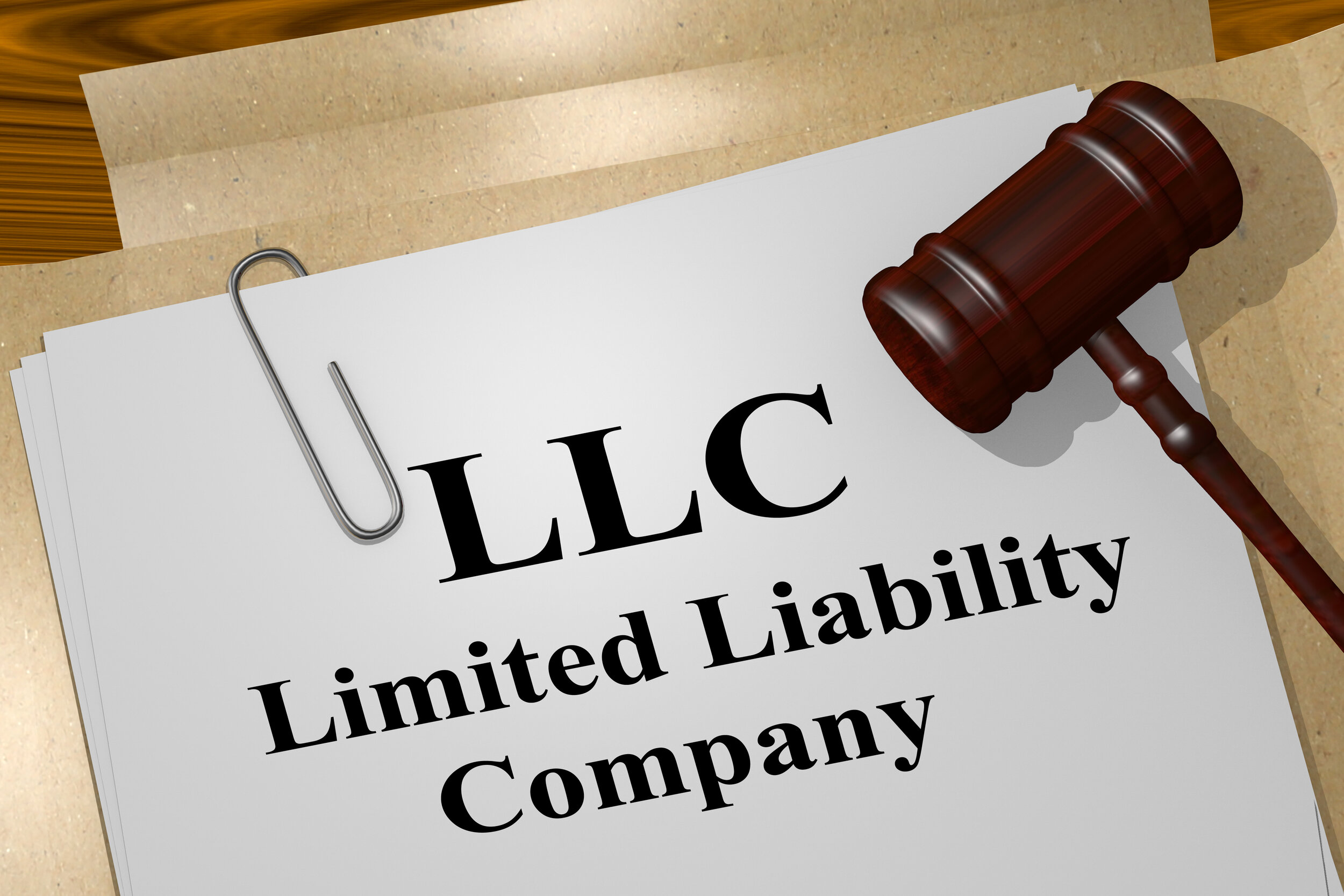After you have completed your internal paperwork, obtained your tax ID number and any necessary business licenses, the next step is to open a business bank account in the name of your Wyoming LLC.
Read MoreEvery state requires the name of the registered agent and address of the registered office to be provided in or along with the company’s articles.
Read MoreAn amazing number of people try to incorporate themselves in order to save money. Others go online and choose from thousands of incorporation services available on the Web. The cheapest service providers will not even have an attorney on staff and therefore cannot perform any acts considered to be the practice of law. So, what do you receive from these companies?
Read MoreWyoming LLCs and LPs are the perfect vehicle for anyone wanting to safety hold assets that are expected to increase in value. Because LLCs and LPs can be long-term entities, careful planning need to be done ahead of time to stave off problems down the road. Most states have few, if any, rules about how these entities are governed
Read MoreWyoming law (as well as most other state’s laws) requires that a corporation hold one annual meeting per year. A Wyoming corporation may hold meetings anywhere in the world and in any setting.
Read MoreIt is important to note that, although you can form your LLC in Wyoming, if you will be transacting business in another state, you must qualify your LLC to conduct business in that state. What constitutes “transacting business” varies slightly from state to state.
Read MoreIf you have an existing LLC in another state and desire the benefits of a Wyoming LLC, Wyoming offers what is called a "continuance."
Read MoreMember Managed and Manager Managed are the different ways to structure the owners of an LLC. Wyoming LLCs can either be governed collectively, by all of its members, or by one or more managers who are voted in by the members and who carry out the day to day functions and business of the LLC.
Read MoreThe Wyoming LLC offers flow-through taxation, flexible management, limited liability for all owners, and flexible distributions. One of the desirable characteristics of an LLC is that income “passes through” an LLC and is not taxed at the entity level. Income earned by the LLC is taxed to the LLC’s members as ordinary income. That income can be distributed or retained by the LLC.
Read MoreThe best way to protect your assets is to separate them from each other and form yourself. The limited liability concept arose in the 1500s as a means of encouraging individuals to invest in maritime ventures. Before the establishment of corporations, investors in a ship that was lost at sea not only lost their investment, they were financially ruined. Creditors of the venture could personally sue the investors. The English Crown had the foresight to limit the exposure of investors through the corporate charter. As a fictitious entity created and chartered by the Crown, a corporation became a creature separate from its owners and employees.
Read MoreDelaware recently increased the various fees assessed by their Secretary of State as Annual Franchise Tax Fees for Delaware corporations. Corporations will be impacted by these fees, so it is wise for owners and directors of corporations to review them when forming an entity.
Read More










